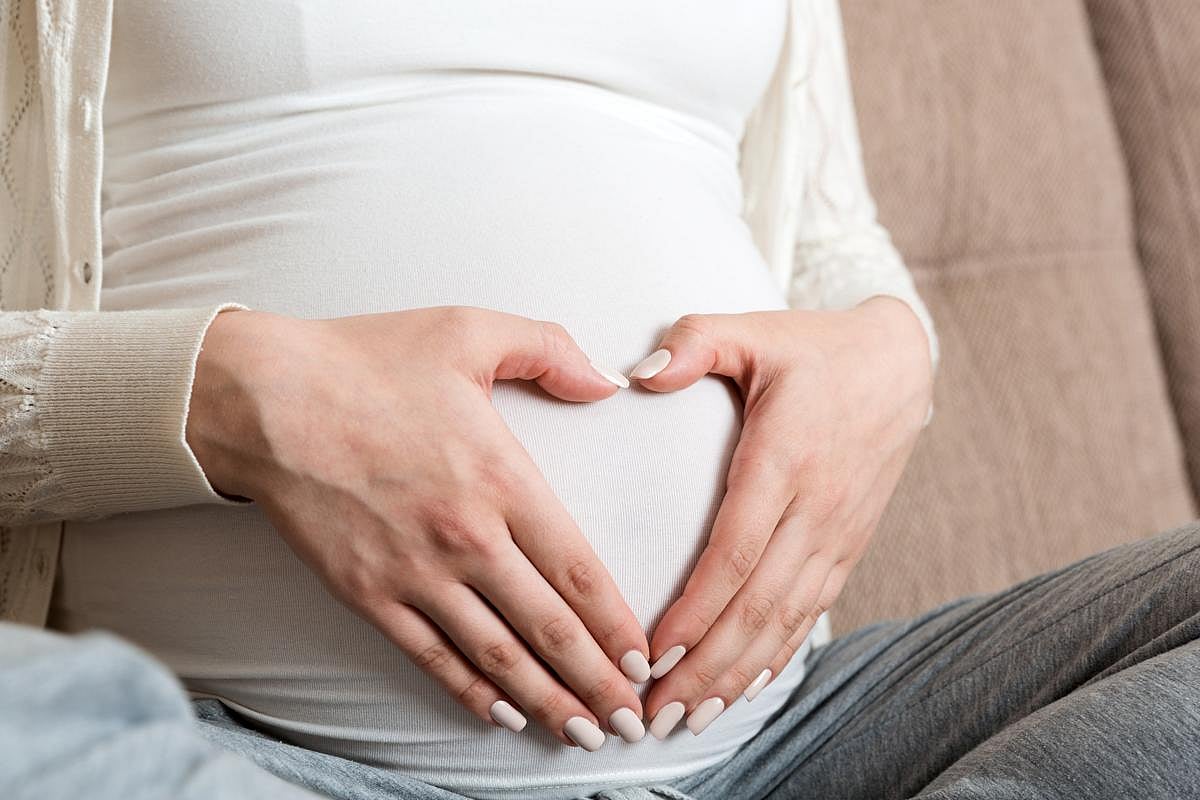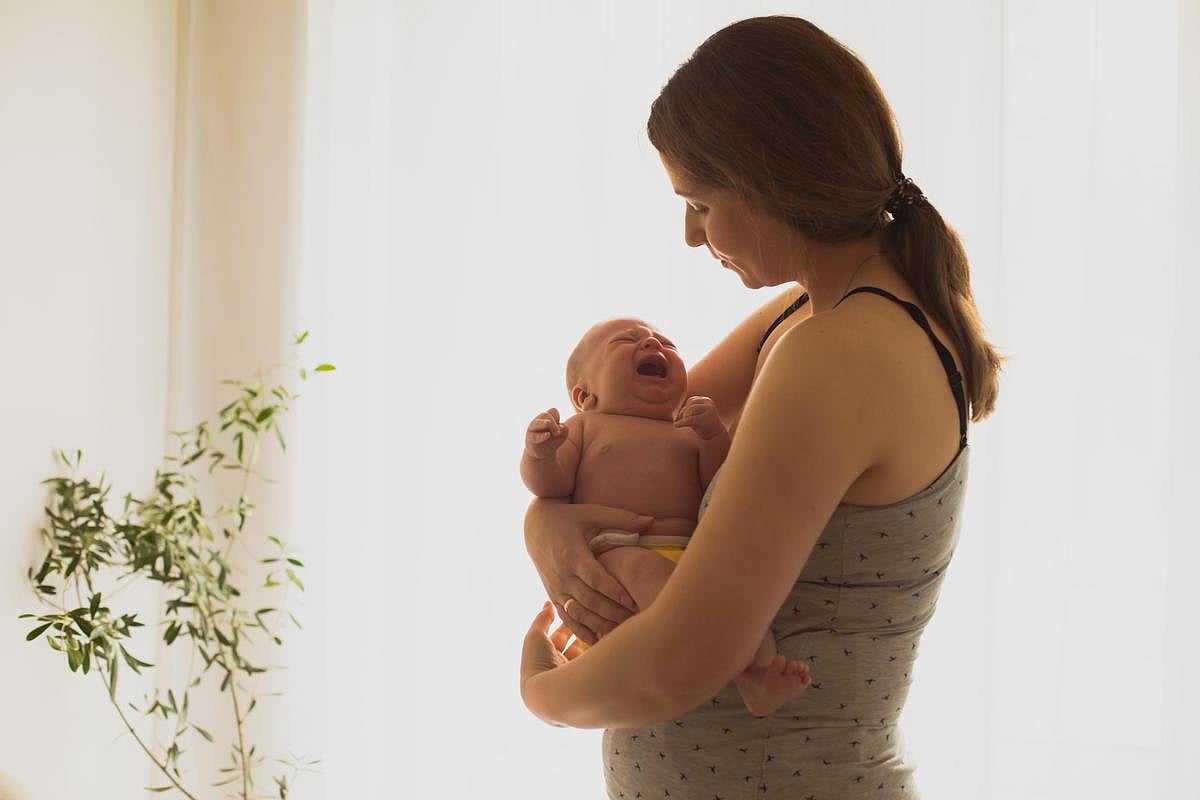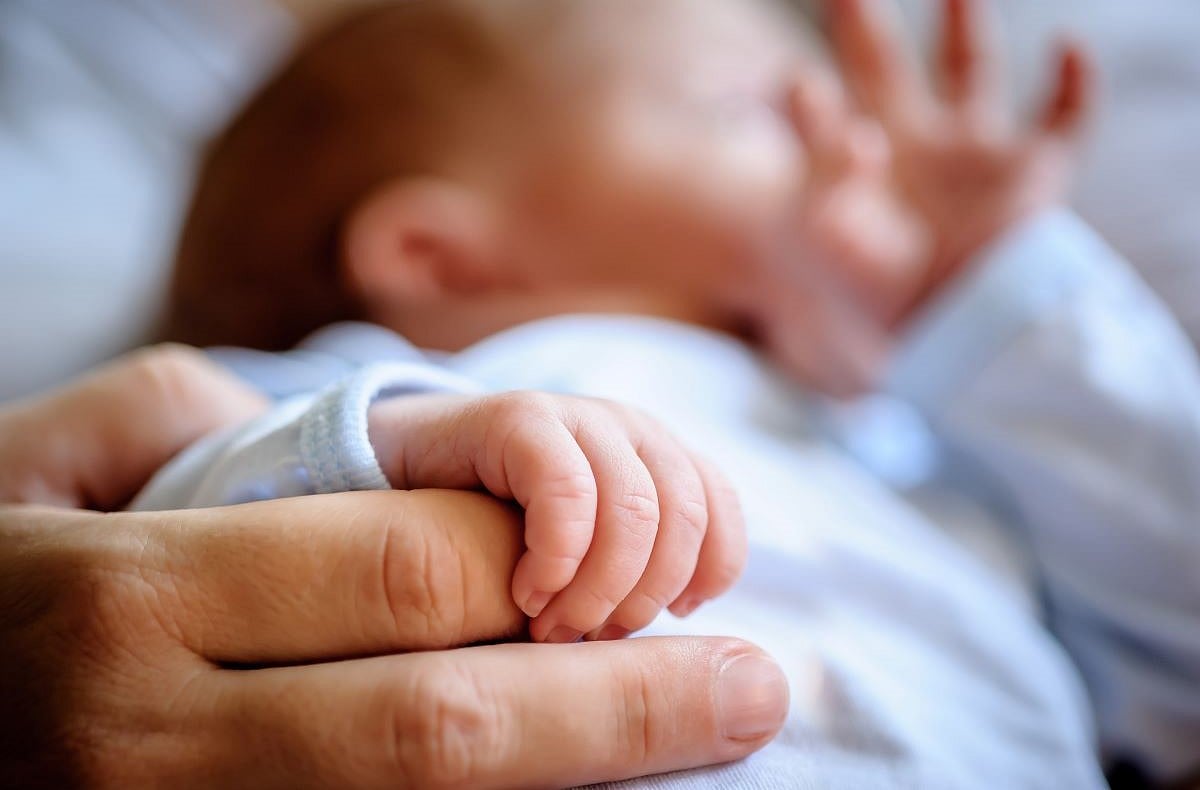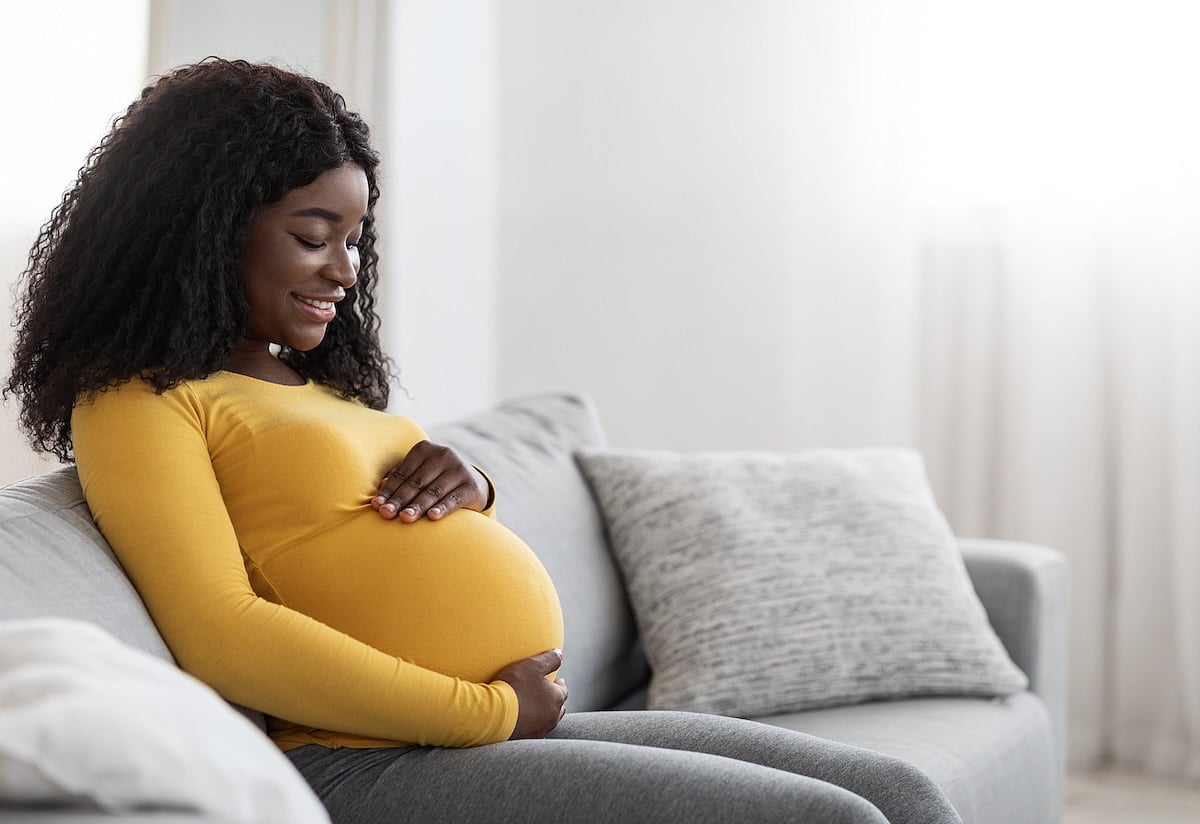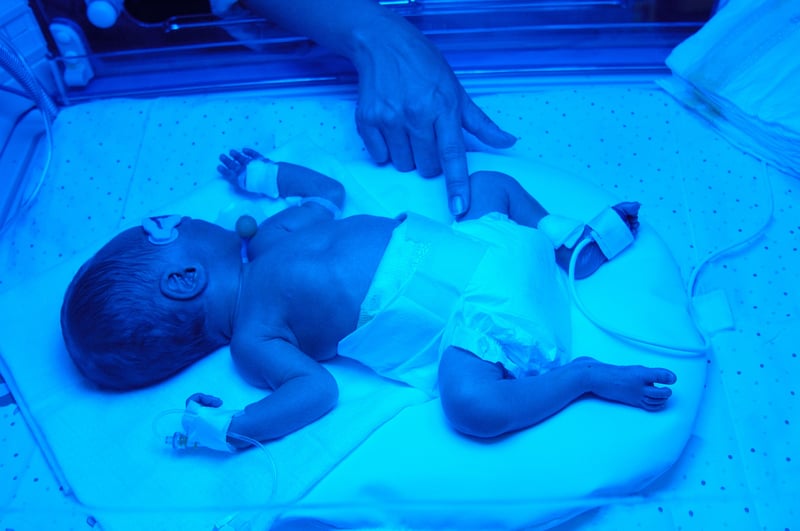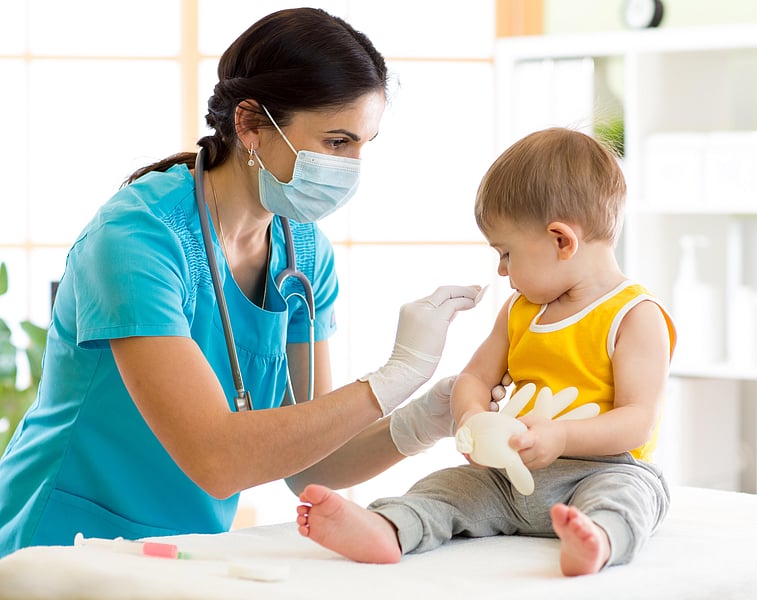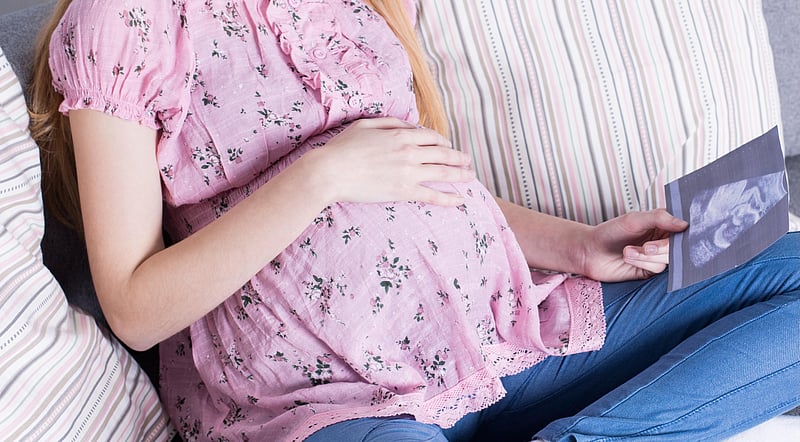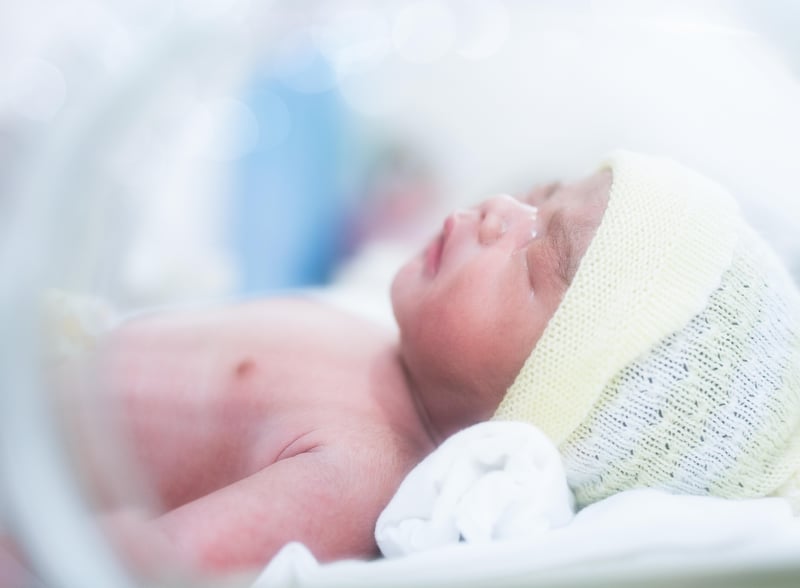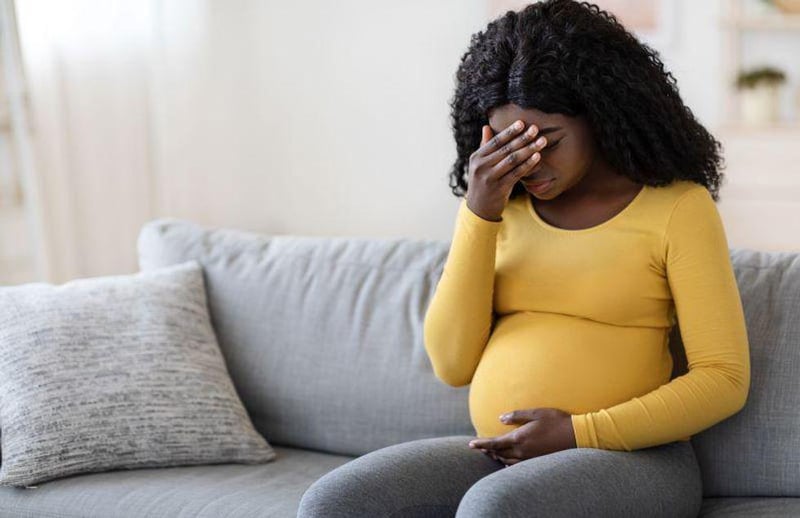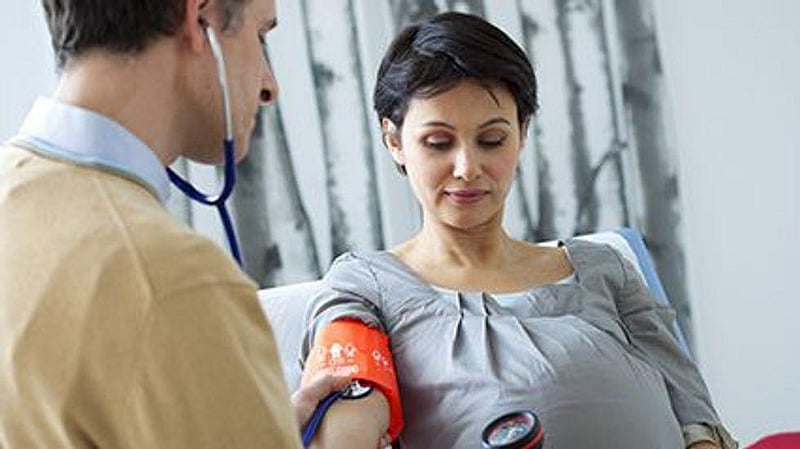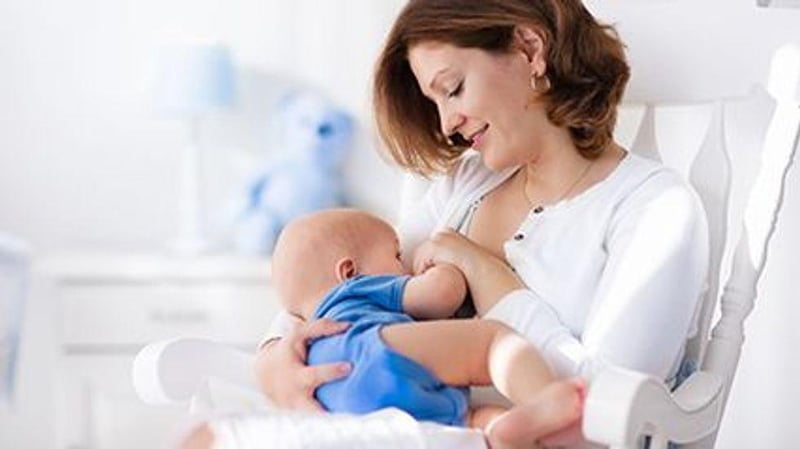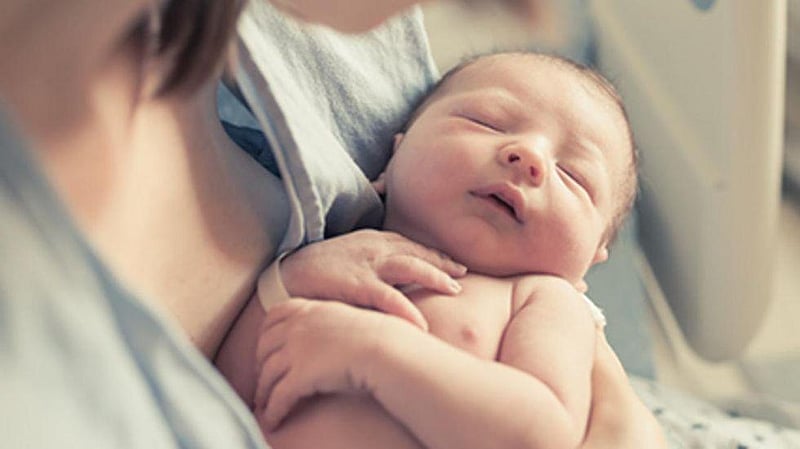Get Healthy!
Results for search "Birth".
Health News Results - 30
Even with modern prenatal care, thousands of U.S. families each year experience the heartbreak of stillbirth, and a surprising number happen without warning.
A study, published Monday in JAMA, analyzed nearly 2.8 million pregnancies and found that about 30% of stillbirths occurred with no clear medical c...
- I. Edwards HealthDay Reporter
- |
- October 28, 2025
- |
- Full Page
There’s been a tremendous surge in the number of younger women in the U.S. who don’t have kids, a new study says.
There were 5.7 million more childless women of prime child-bearing age than expected in 2024, up from 2.1 million in 2016 and 4.7 million in 2022, according to a paper produced by the University of New Hampshire’s Carsey School of Public Policy.
Over th...
- Dennis Thompson HealthDay Reporter
- |
- September 24, 2025
- |
- Full Page
THURSDAY, April 24, 2025 (Health Day News) -- Fewer babies are being born in the U.S., and experts are worried what that portends for the future.
The number of babies born in the U.S. rose slightly in 2024, the fertility rate remains below levels needed to sustain population growth, The New York Times said.
More than 3.6...
- HealthDay Reporter
- I. Edwards
- |
- April 24, 2025
- |
- Full Page
Young American women are greeting the prospect of pregnancy with a decided “meh,” driving down U.S. fertility rates, a U.S. Centers for Disease Control and Prevention (CDC) study says.
The actual number of U.S. births declined by 14% between 1990 and 2023, and the fertility rate went down by 23%, according to a paper in the CDC’s
The short post-pandemic uptick in U.S. births may be over, with 2023 numbers showing a decline in births.
According to provisional data from the U.S. Centers for Disease Control and Prevention, just under 3.6 million babies were born in America in 2023, about 76,000 fewer than the year before.
It's also the lowest number of births recorded in the United States since 1979.
De...
- HealthDay Reporter
- Ernie Mundell
- |
- April 25, 2024
- |
- Full Page
Advisors to the U.S. Food and Drug Administration will weigh the possibilities and parameters of experiments with artificial wombs for premature human babies.
Scientists have already had some success with the concept in animals.
- HealthDay Reporter
- Cara Murez
- |
- September 19, 2023
- |
- Full Page
Births to teen moms in the United States reached a historic low in 2022, dropping 3% from the previous year, a new government report shows.
Teenage births fell among both younger teens, ages 15 to 17, and older teens, aged 18 to 19, the U.S. Center for Disease Control and Prevention reported Thursday.
With ...
- HealthDay Reporter
- Cara Murez
- |
- June 1, 2023
- |
- Full Page
"Baby on Board"warning stickers apply even when there's a mom-to-be in the vehicle, a new study argues.
Pregnant women involved in traffic collisions are at heightened risk of potentially serious birth complications, even if the wreck only involves minor injuries, researchers report.
These complications can include dislodgement of the placenta, very heavy bleeding, and the need for ...
- HealthDay Reporter
- Dennis Thompson
- |
- March 21, 2023
- |
- Full Page
When birth rates fall in the United States, experts try to figure out what's happening.
The fertility rate is at its lowest since the 1970s -- 1.71 per woman, according to a new study.
But it's not that young people today don't want children, new research suggests. In fact,...
- HealthDay Reporter
- Cara Murez
- |
- January 17, 2023
- |
- Full Page
Babies born via cesarean section may not mount as strong an immune response after some childhood vaccines compared to babies delivered vaginally, researchers suggest.
Antibody levels can be checked in blood or saliva, and babies born vaginally had higher levels of antibodies in their saliva to pneumonia shots at one year and meningococcal shots at 18 months, a new study showed.
But ...
- HealthDay Reporter
- Denise Mann
- |
- November 16, 2022
- |
- Full Page
U.S. stillbirth rates still need to be tackled at the local, state and national levels because efforts to reduce the risk have stalled, new research claims.
Racial disparities remain as well, with Black women more likely to experience stillbirth (the loss of a baby before or during delivery) than white women.
"Over the last 40 years, we have reduced certain risk factors for stillbi...
- HealthDay Reporter
- Cara Murez
- |
- November 15, 2022
- |
- Full Page
When preteen children or very young teenagers become pregnant, they face higher rates of complications and a greater risk of winding up in the intensive care unit than older teens do, a new study finds.
The question about what happens when a young girl goes through pregnancy and delivery takes on more relevance after the U.S. Supreme Court overturned Roe v. Wade in June and subsequent abo...
- HealthDay Reporter
- Cara Murez
- |
- November 4, 2022
- |
- Full Page
Stillbirth is heartbreaking tragedy for parents, but exactly what raises the risk of it remains elusive.
Certain health conditions in a pregnant woman can be a factor, but new research came up with a surprising finding: Stillbirth risk appears to be inherited through male members of the family on eithe...
- HealthDay Reporter
- Cara Murez
- |
- October 19, 2022
- |
- Full Page
When doctors deliver a healthy newborn, it's common to wait about a minute to clamp and cut the umbilical cord, giving the baby the benefits of extra cord blood as it begins its life outside the womb.
The same is not true for babies born limp, with minimal breathing. The go-to plan for those babies, known as "non-vigorous" infants, has been to clamp the cord quickly and work on stabilizin...
- HealthDay Reporter
- Cara Murez
- |
- September 19, 2022
- |
- Full Page
Stories about their difficult birth or their parents' fertility challenges can give adult children a more grateful, upbeat attitude towards their lives, British researchers suggest.
They studied the messages as well as how they were delivered, interviewing people about the stor...
- HealthDay Reporter
- Cara Murez
- |
- September 7, 2022
- |
- Full Page
It may not qualify as a baby boom, but U.S. births were up in 2021 for the first time in years.
New federal government data show a 1% increase in births from 2020, with more than 3.6 million births last year. It was the first increase in seven years.
The
With Roe v. Wade hanging in the balance and nearly half of all American states ready to practically ban abortion if the leaked draft opinion from the Supreme Court stands, the realities of giving birth in this country are being put under a microscope, and for good reason.
"Today, [America] is considered the most dangerous developed nation in the world in which to give birth," said St...
- HealthDay Reporter
- Serena McNiff
- |
- May 23, 2022
- |
- Full Page
Rates of dangerous high blood pressure problems during pregnancy more than doubled in the United States between 2007 and 2019, a new study finds.
"The increase in pregnancy complications is alarming because these adverse pregnancy outcomes - including hypertension [high blood pressure] in pregnancy, preterm birth and a low birth weight infant - not only adversely influence both mom and ch...
- HealthDay Reporter
- Robert Preidt
- |
- May 23, 2022
- |
- Full Page
Nurses can be trained to detect postpartum depression in new mothers and could be crucial in spotting the condition early, researchers report.
Postpartum depression affects about 15% of new moms and can cause persistent sadness, fatigue, feelings of hopelessness and wort...
- HealthDay Reporter
- Robert Preidt
- |
- May 13, 2022
- |
- Full Page
New research suggests that doctors should be cautious about giving newborns antibiotics because they can upset a baby's gut microbiome -- the balance of bacteria in their digestive systems.
"We were surprised with the magnitude and duration of the effects of broad spectrum anti...
- HealthDay Reporter
- |
- February 21, 2022
- |
- Full Page
Babies conceived through infertility treatment are more likely to be born early and small.
But there are reasons other than medically assisted reproduction to explain this difference, a
A boy or a girl? New research suggests that the air pregnant women breathe or the water they drink could play a role in their baby's sex.
The finding stems from tracking hundreds of factors -- including pollution exposure -- surrounding the birth of more than 6 million Americans an...
- HealthDay Reporter
- Alan Mozes
- |
- December 3, 2021
- |
- Full Page
Two placenta-related markers could reveal older women's risk of serious pregnancy problems such as stillbirth and premature or very small babies, British researchers say.
They analyzed blood samples and medical data from 527 pregnant U.K. women, including 158 in their 20s; 212 in their 30s; and 157 in their 40s.
- HealthDay Reporter
- Robert Preidt
- |
- November 2, 2021
- |
- Full Page
So-called "forever chemicals" might increase pregnant women's risk of a dangerous condition known as preeclampsia, researchers say.
Perfluoroalkyl substances (PFAS) are widely used and long-lasting chemicals found in the drinking water of many U.S. communities.
A new study found a link between PFAS exposure and late-onset preeclampsia, a condition characterized by high blood pressur...
- HealthDay Reporter
- Robert Preidt
- |
- November 2, 2021
- |
- Full Page
While anxiety and depression in pregnant women have already been linked to low birth weight and preterm birth, they may also contribute to higher rates of cesarean deliveries.
Researchers called the study among the largest to document a link between mood and anxiety disorders and first-time C-sections among low-risk pregnant women.
"Our findings reinforce the importance of better id...
- HealthDay Reporter
- Cara Murez
- |
- October 22, 2021
- |
- Full Page
Pregnant women suffering from COVID-19 with symptoms are more likely to experience complications that call for an emergency delivery, a new study suggests.
On top of facing a slightly higher risk for needing an unexpected cesarean section, women with symptomatic COVID-19 were more likely to need oxygen support and their infants were more likely to need care in a neonatal intensive care un...
- HealthDay Reporter
- |
- October 11, 2021
- |
- Full Page
Besides the long-established benefits of breastfeeding for baby and mom, a new study reports one more: Nursing could help chase the blues away.
It is linked to a lower risk for postpartum depression -- the so-called "baby blues" -- and nursing for a longer time may further ease depression symptoms, according to the findings.
"Women suffering from postpartum depression, which occurs ...
- HealthDay Reporter
- Cara Murez
- |
- October 1, 2021
- |
- Full Page
Birth rates tend to fall during pandemics, and history is repeating itself with the COVID-19 scourge, researchers say.
Fewer babies have been born in much of Europe and the United States. Earlier in the pandemic, U.S. births declined 7%, a new study finds.
In Europe, birth declines varied. In Italy they dropped 9%, in Spain 8% and Portugal 7%, while in Denmark, Finland, Germany and ...
- HealthDay Reporter
- Steven Reinberg
- |
- September 20, 2021
- |
- Full Page
COVID-19 is surging in U.S. states with low vaccination rates, and these places may also be seeing a higher-than-usual number of stillbirths linked to the virus.
While the number of stillbirths is still very low nationally, doctors in the Deep South have noticed increases in stillbirths, NBC News reported.
One of those states is Alabama. But the numbers are too low overall ...
- HealthDay Reporter
- Cara Murez
- |
- September 13, 2021
- |
- Full Page
Babies born prematurely, even just a couple weeks early, may be at increased risk of autism, a large new study suggests.
It's long been known that autism, a developmental brain disorder, is more common among children who were born preterm -- before the 37th week of pregnancy.
Researchers said the new study, of more than 4 million people, gives a clearer breakdown of the risks associ...
- HealthDay Reporter
- Amy Norton
- |
- August 11, 2021
- |
- Full Page

